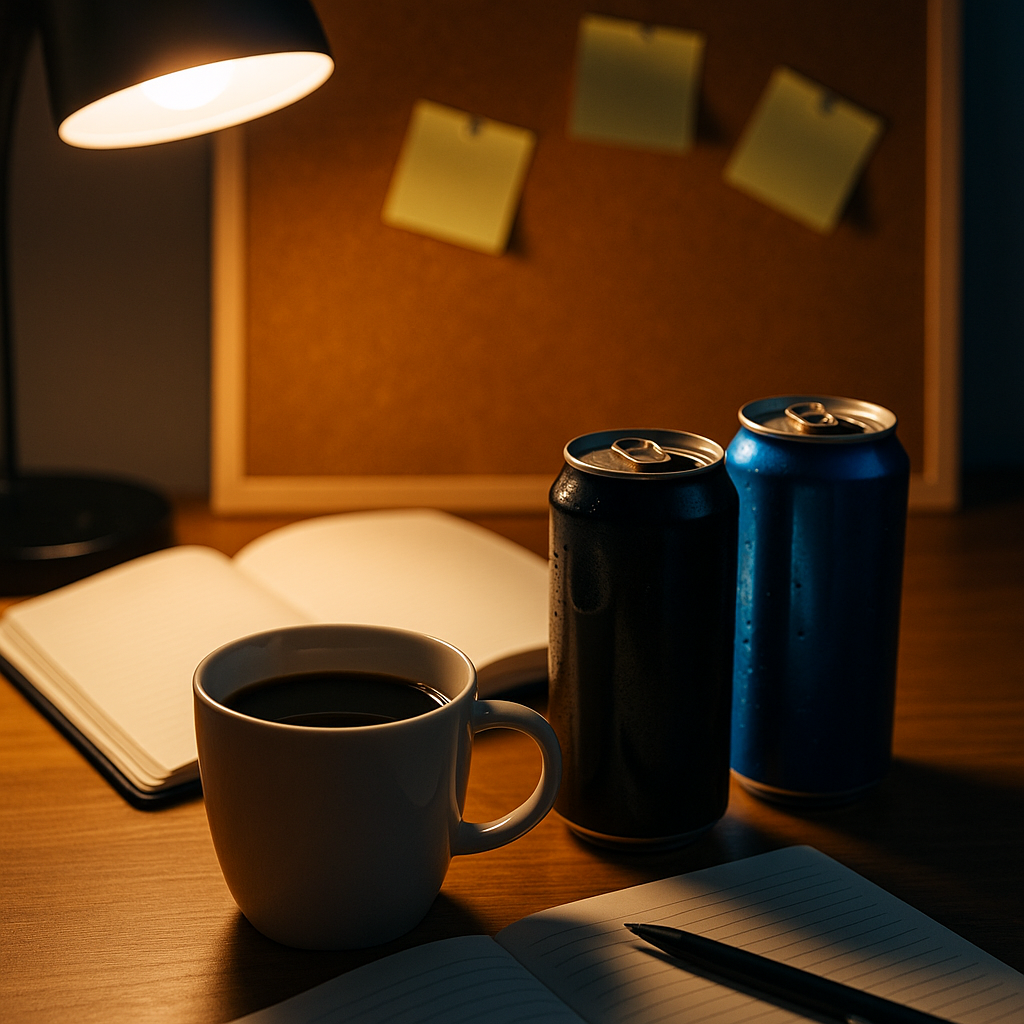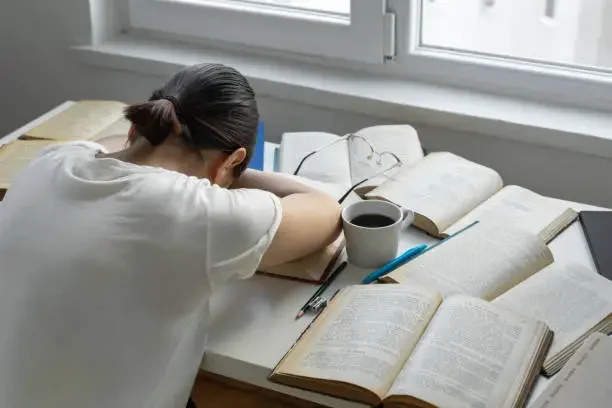Teens and Caffeine: The Hidden Crisis
Written by Eunseo Whaong
Current Situation
In recent years, caffeine consumption among teenagers has been steadily increasing.
From morning coffee on the way to school, to after-school energy drinks, to late-night “study boosters” during exam season — caffeine has become deeply embedded in teen life.
According to the CDC (Centers for Disease Control and Prevention), about 70% of high school students consume caffeinated beverages at least once a week, with many exceeding the daily recommended limit.
This is not just a matter of taste preference — it’s a growing public health concern.
Why Are Teens Consuming So Much?
Academic Pressure – Many teens turn to caffeine to fight fatigue from exams and assignments.
Marketing Influence – Bright packaging and slogans like “boost your focus” are aimed directly at young consumers.
Social Culture – Café visits with friends have become a social activity.
Sleep Deprivation – Late-night phone use → less sleep → greater dependence on caffeine the next day.
Health and Social Impacts
Physical Effects: Irregular heartbeat, high blood pressure, stomach issues, dehydration
Mental Effects: Anxiety, decreased concentration, sleep disturbances
Social Effects: Accumulated fatigue → lower academic performance → strained relationships
Since teenagers metabolize caffeine more slowly than adults, the same amount can have stronger side effects.
Caffeine Monitoring and Awareness
Some schools and health agencies are piloting “Caffeine Monitoring Apps” that:
Track daily intake
Send alerts when limits are exceeded
Provide caffeine content information for various drinks
Additionally, policies like vending machine restrictions, caffeine education campaigns, and stronger labeling requirements are being discussed.
What Teens, Parents, and Society Can Do
Individuals: Track daily intake (recommended max for teens: ~100mg), choose low- or no-caffeine options
Families & Schools: Monitor habits together, offer caffeine-free alternatives
Society & Policy: Restrict youth-targeted caffeine advertising, limit sales, strengthen labeling rules
Conclusion
Teen caffeine consumption is not just a personal choice — it’s a public health issue.
What’s needed now is not resignation, but the habit of self-awareness and moderation.
How much caffeine do you consume in a day? Share your experiences and thoughts in the comments below!


